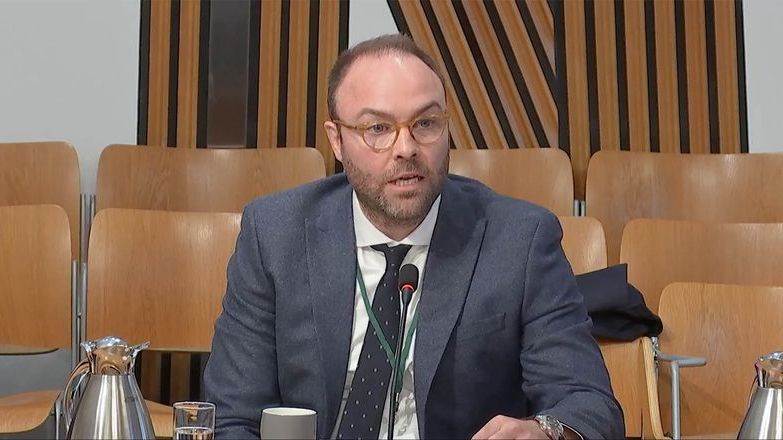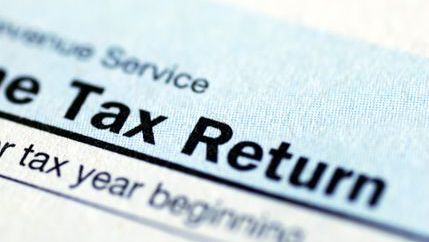
Timothy Douglas, Head of Policy and Campaigns at Propertymark, presented evidence to MSPs who are considering the Council Tax (Variation for Unoccupied Dwellings) (Scotland) Amendment Regulations 2023.
Read more about the Scottish Parliament's Local Government, Housing and Planning Committee session →
The draft Regulations give councils discretionary powers to charge an increase in council tax on second homes of up to 100% and also provide a grace period from the application of a premium of up to 100%, which is payable on an empty property when it is purchased by a new owner. This grace period will apply where the property has been purchased by a new owner within the past six months, and renovations or repairs are being undertaken.
Second homes
Douglas outlined to the Committee that earlier this year, Propertymark issued a series of questions to members in Scotland to understand how proposals would impact property agents. The majority of members who responded to the survey expressed strong opinions against the introduction of an additional council tax premium on second homes, as it would not lead to an increase in homeownership nor an increase in the sale of second homes.
In Wales, from 1 April 2023, local authorities have had the ability to increase council tax premiums on second homes and long-term empty properties by 300% but the legislation has had limited impact on Wales since then, with a minority of local authorities choosing to adopt higher premiums and the supply of second homes being impacted very little.
Second homes in Scotland are already being taxed at six per cent of the purchase price, the amount of Additional Dwelling Supplement that was raised in December last year, and questioned the distribution of the increase in revenues the Scottish Government has received since then to support housing supply across the country. Douglas also questioned why the Scottish Government were not focussing on business rates for holiday lets to raise additional revenue.
Furthermore, since 2012, according to Scottish Government figures, the number of second homes across Scotland has reduced from 40,599 to 24,287.
Some of the solutions Propertymark advocates include reviewing the impact of the increase to Additional Dwelling Supplement and taxes impacting private landlords, leasing schemes, engaging with second homeowners and greater research into the causes behind second home ownership and what leads to homes being empty in the long-term.
Empty homes
We have long called for action to be taken against empty homes as they can lower land values, make it harder to sell other properties nearby and reduce available housing to live in or rent. Propertymark wants to see action on empty homes to maximise the use of existing housing stock and bolster much-needed supply in the private rented sector and for those looking to move house or get on the housing ladder.
Douglas told MSPs that a grace period was sensible for empty homes but should be accompanied by an empty home grant scheme to further incentivise people and first-time buyers to bring empty homes back into use. Additionally, rebates could be provided to people who have renovated empty homes, and the Scottish Government should investigate what further powers they can give local authorities to require owners of long-term empty homes to use the property to live in, rent out or put on the market for sale.
On 5 December 2023, the Committee will take evidence from the Minister for Community Wealth and Public Finance. The Minister will then move the motion recommending approval of the draft Regulations. The Committee must then decide whether or not to agree to the motion, and then report to the Scottish Parliament by 17 December 2023.




